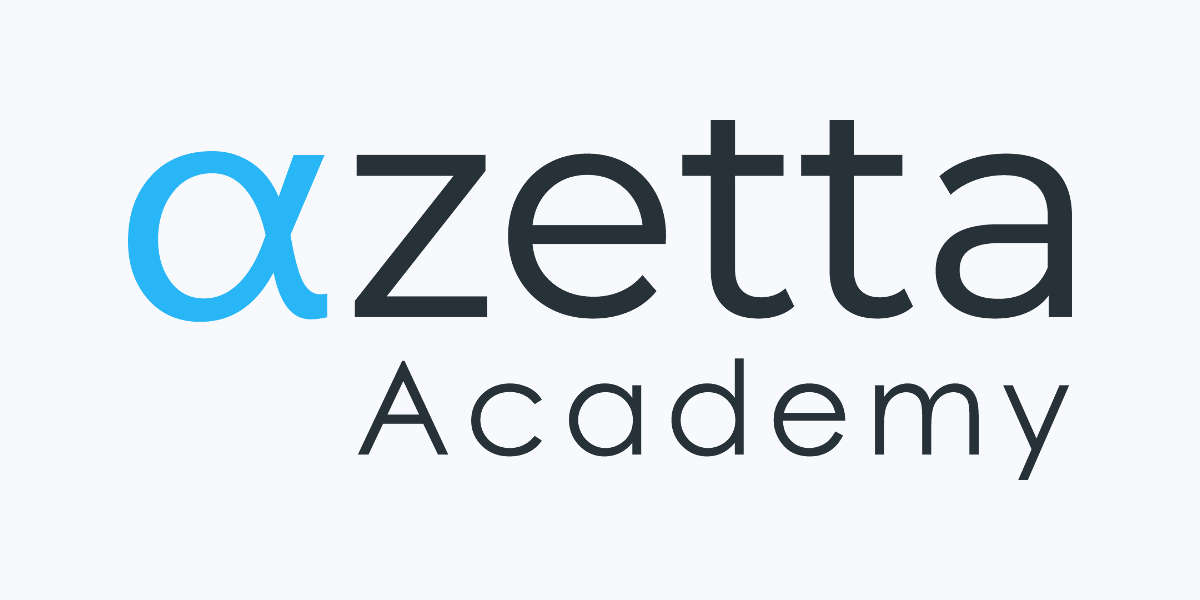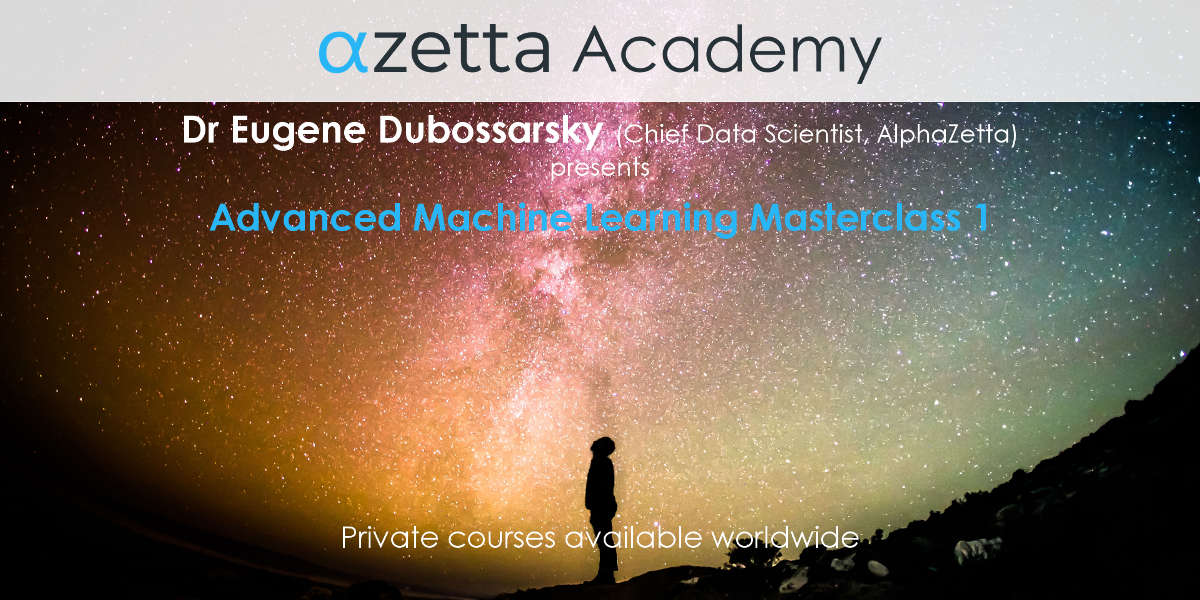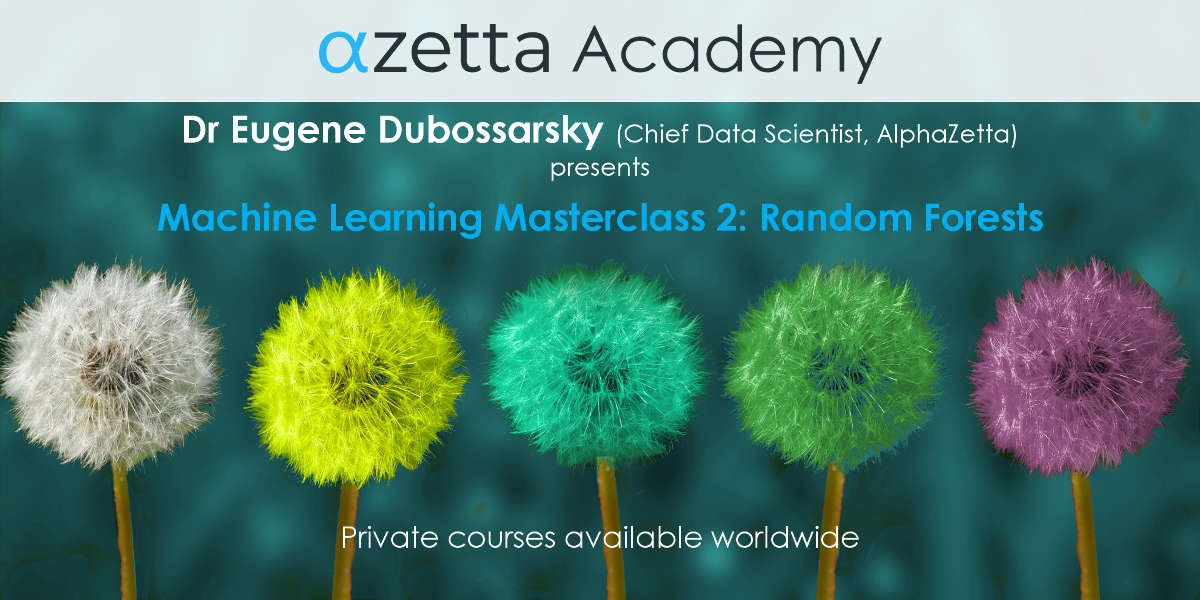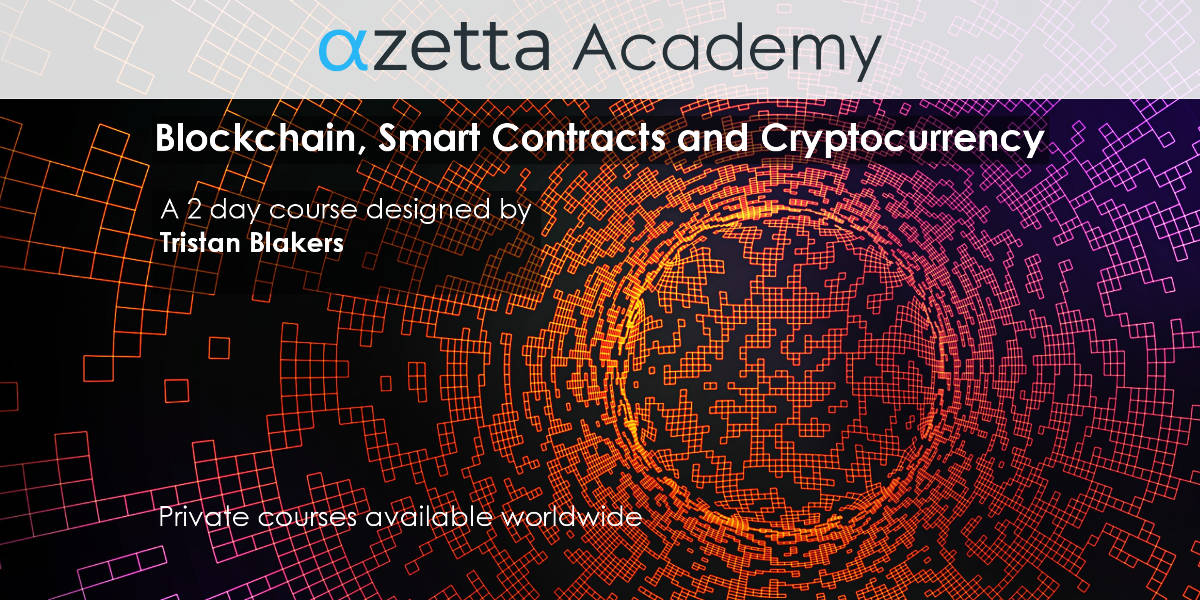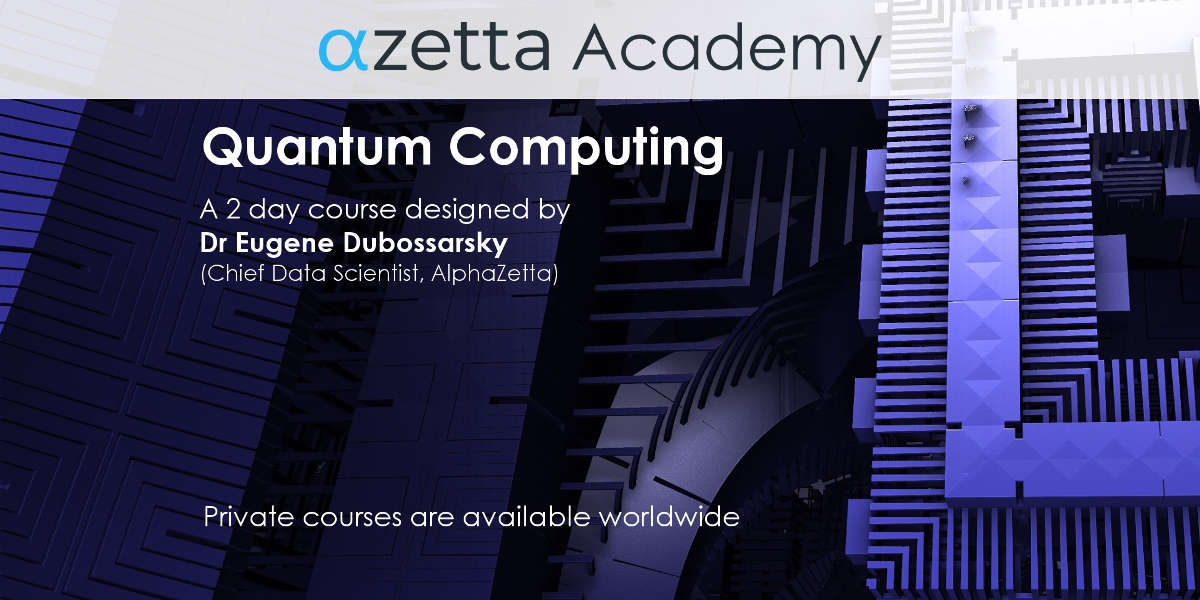A curriculum for those specialising in the automatic scaling and deployment of enterprise machine learning and artificial intelligence (AI).
Advanced Python 1
This class builds on the introductory Python class. Jupyter Notebook advanced use and customisation is covered as well as configuring multiple environments and kernels. The Numpy package is introduced for working with arrays and matrices and a deeper coverage of Pandas data analysis and manipulation methods is provided including working with time series data. Data exploration and advanced visualisations are taught using the Plotly and Seaborne libraries.

